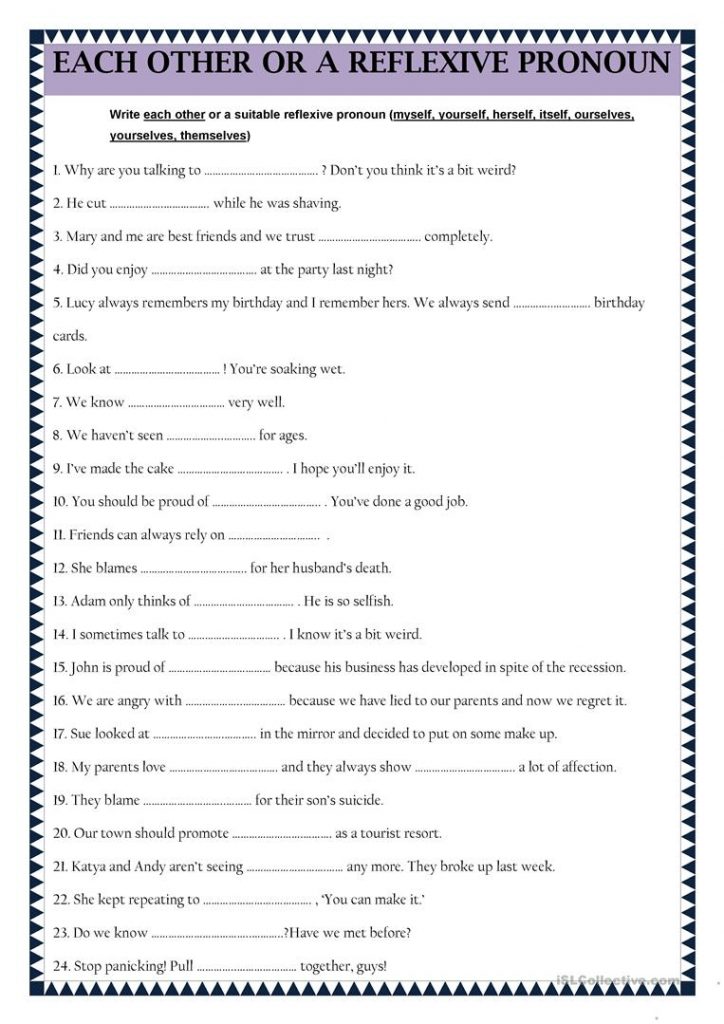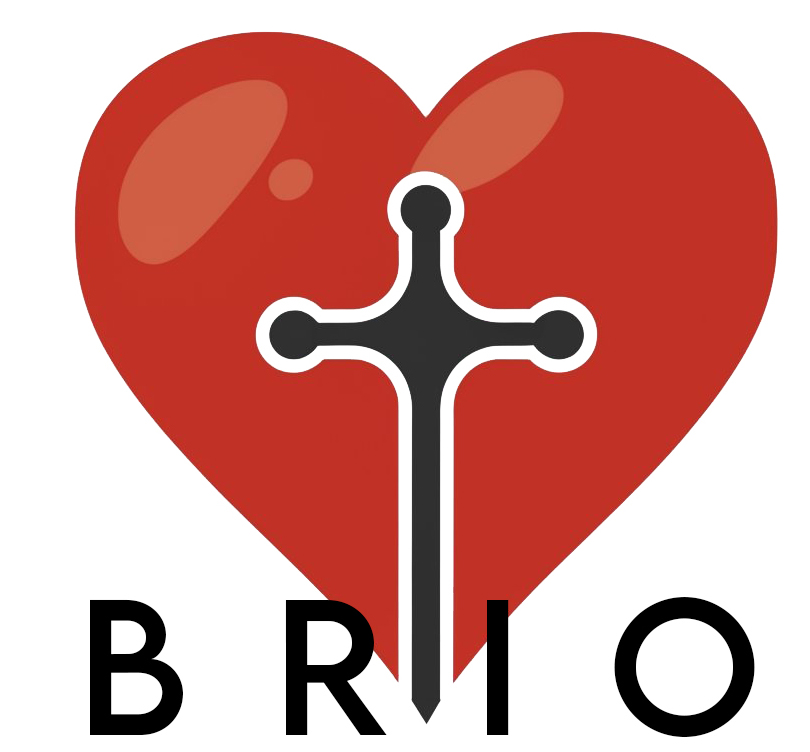1. What different pronouns can you use in advanced English grammar to talk about how something is done?
- One
- You
- We
- One can tell the difference between a male and female duck easily.
- You can fly to Madrid for less money than it costs to drive.
- We can use ‘would’ to talk about habitual actions in the past.
2. How do you talk about other people in general (it is said that etc.). And an individual whose gender you don’t want to specify?
- Them
- Their
- They
- (They say that Cork is lovely this time of year.)
3. When do you use reflexive pronouns in English?
- …usually when the subject and object of the verb are the same.
- I looked at myself in the mirror.
3.5. What’s the deal with reflexive pronouns after prepositions (where the complement is the same as the subject)?
- Yes, it’s common to use them.
- I was really angry with myself for spending so much in Vegas.
3.75: What’s the exception to the above rule in advanced English?
- We use object pronouns instead of reflexive pronouns after prepositions of place.
- I put my bag beside
myselfme to make sure it was safe.
4. When do you not use reflexive pronouns?
…with verbs which, in many other languages, they use them.
- He
shaved himselfshaved. - She
brushed herselfbrushed her hair.
5. Can you use relfexive pronouns in advanced English for any other purposes?
- Yes, you can use them for emphasis.
- We are bloody cool because we fixed the car ourselves!
6. How can you use reflexive pronouns as a synonym of alone?
- By using the construction – ‘by + reflexive pronoun.’
- I love travelling by myself.
7. What expresion or words do you use in English for reciprocal actions?
- You use ‘eachother’ or ‘one another.’
- We really loved eachother and we always helped one another.
8. What is the primary function of ‘it’?
- ‘It’ is used to talk about objects, time, weather, distance etc. and as the introductory part of many sentences.
To see you was greatIt was great to see you.
9. What is the common confusion between ‘it’ and ‘there’?
- We use ‘there’ not ‘it’ to talk about the existence of something.
It wasThere was a house here until they bulldozed it.


